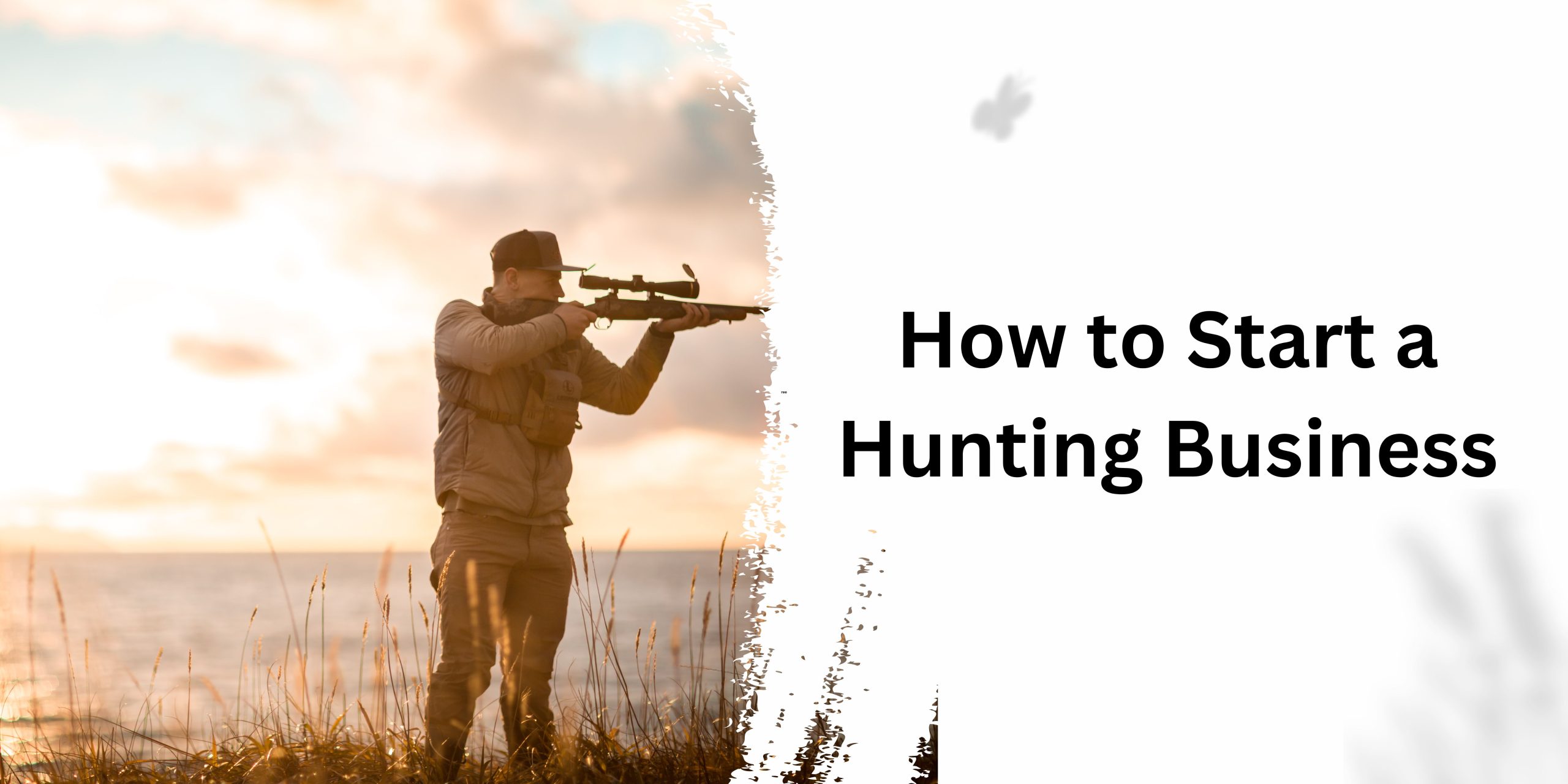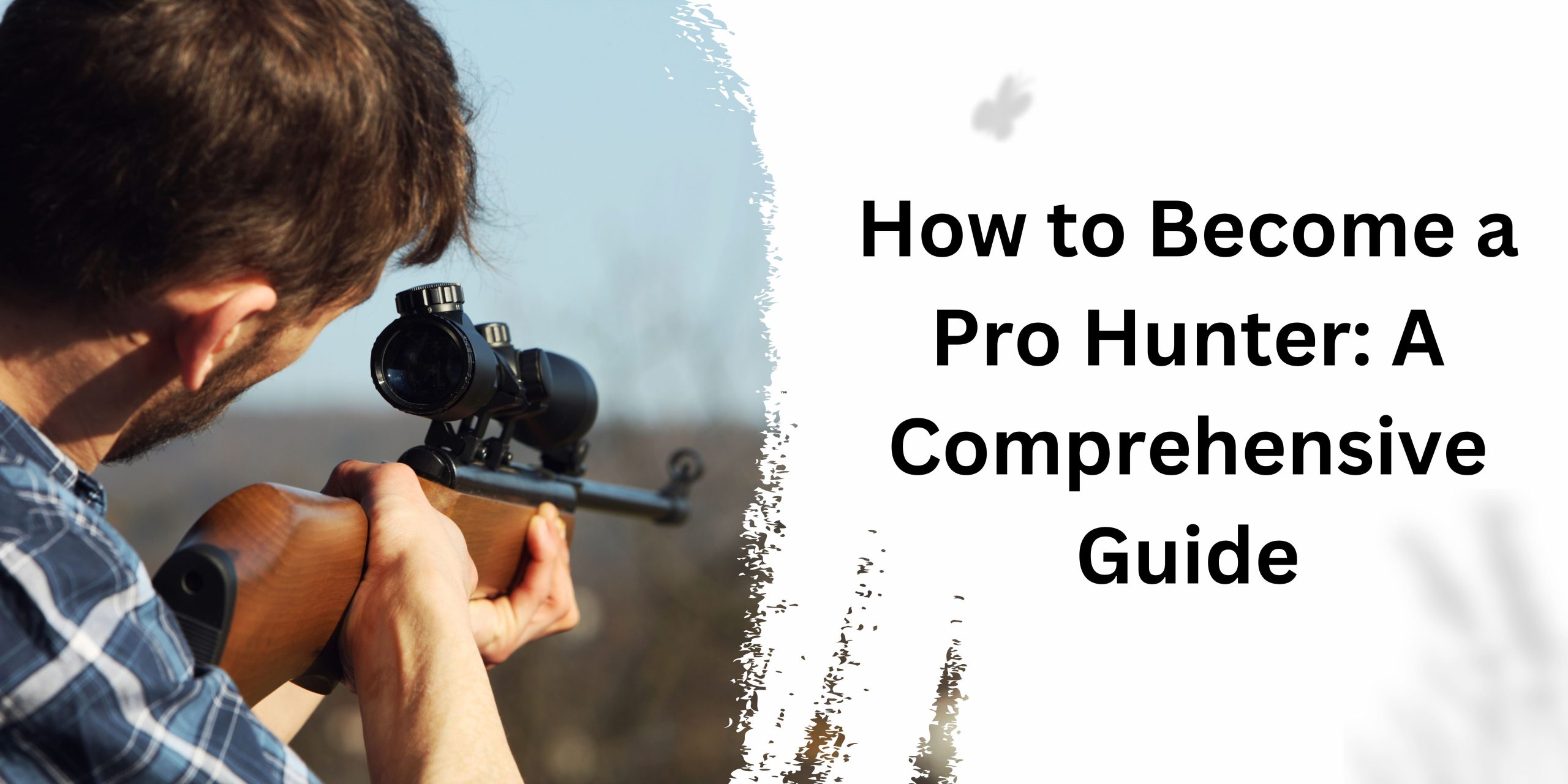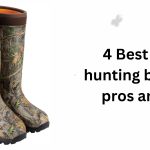Are you passionate about hunting and dreaming of turning your love for the outdoors into a successful business venture? Starting a hunting business can be an exciting and rewarding opportunity, but it requires careful planning and execution. From acquiring the necessary licenses to marketing your services, there are several key steps to consider when embarking on this journey.
How to Start a Hunting Business Guide
Starting a hunting business can be a rewarding endeavour for those passionate about the outdoors and wildlife. Here is a comprehensive guide to help you navigate the process:
Research and Planning:
Begin by conducting thorough research on the hunting industry. Identify your target market, including their demographics and preferences. Analyze your competitors to understand their strengths and weaknesses. Develop a detailed business plan outlining your goals, target audience, services offered, marketing strategy, and financial projections.
Legal Requirements:
Obtain the necessary licenses and permits required to operate a hunting business in your area. This typically includes a hunting outfitter or guide license and any additional permits for hunting on public or private land. Purchase liability insurance to protect your business from potential lawsuits related to hunting accidents or injuries.
Location and Equipment:
Secure access to suitable hunting land for your operations. This may involve purchasing or leasing land or partnering with landowners. Acquire the necessary equipment for your business, including vehicles, hunting gear, safety equipment, and accommodations if you plan to offer lodging.
Safety and Conservation Practices:
Develop and implement strict safety protocols to ensure the well-being of your clients and guides. Emphasize ethical hunting practices, such as fair chase principles and wildlife conservation efforts, to promote sustainable hunting practices.
Marketing and Promotion:
Create a professional website showcasing your services, packages, and testimonials. Utilize social media platforms to engage with potential clients and share hunting tips and stories. Network with local hunting clubs, outdoor enthusiasts, and tourism boards to promote your business through word-of-mouth referrals and partnerships.
Customer Service and Experience:
Focus on providing exceptional customer service to ensure a memorable hunting experience for your clients. Tailor your services to meet the specific needs and preferences of your clients, such as offering custom hunting packages or specialized hunts.
Financial Management:
Develop a budget to track your expenses and revenues. Monitor your financial performance regularly to identify areas for improvement and growth. Determine competitive pricing for your services based on market research and the value you offer to your clients.
Adaptability and Innovation:
Stay updated on industry trends and adapt your business model to meet changing consumer preferences and market demands. Explore new and innovative hunting experiences or services to differentiate your business and attract new clients.
Read More: How Much Does It Cost to Hunt a Giraffe?
Advantages of the Hunting Business
- Passion and Lifestyle: For hunting enthusiasts, starting a hunting business allows you to turn your passion into a profession and enjoy a lifestyle centred around the outdoors.
- Income Potential: A successful hunting business can provide a lucrative income, especially during peak hunting seasons.
- Community Engagement: Engaging with the hunting community can be fulfilling, allowing you to share your knowledge and experiences with like-minded individuals.
Disadvantages of the Hunting Business
- Seasonal Nature: The hunting business is often seasonal, with peak seasons for certain game species. This can result in fluctuations in income throughout the year.
- Regulatory Challenges: Keeping up with changing regulations and obtaining the necessary permits can be complex and time-consuming.
- Risk and Liability: There are inherent risks associated with hunting activities, including accidents and injuries, which can expose you to potential liability.
Read More: How to Start a Hunting Club
Is Franchising The Right Option?
Franchising can be a viable option for aspiring hunting business owners looking to leverage a proven business model and established brand. However, it’s important to carefully weigh the pros and cons before pursuing this route. Consider factors such as franchise fees, ongoing royalties, and restrictions on business operations imposed by the franchisor.
Summary
Starting a hunting business requires careful planning, a passion for the outdoors, and a commitment to providing exceptional service. By understanding the key steps involved and considering the advantages and disadvantages, you can embark on this exciting journey with confidence.
Read More: How to Teach a Beagle to Hunt







